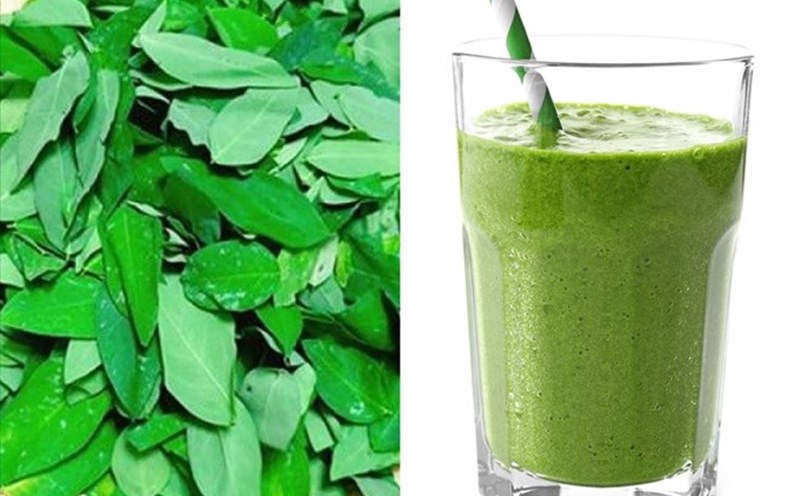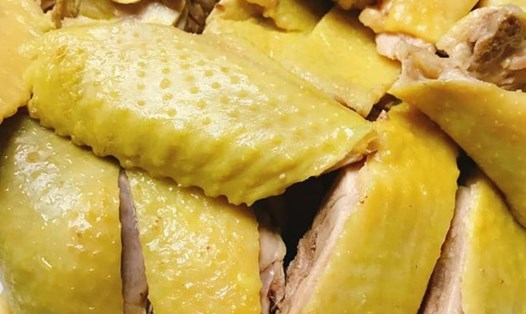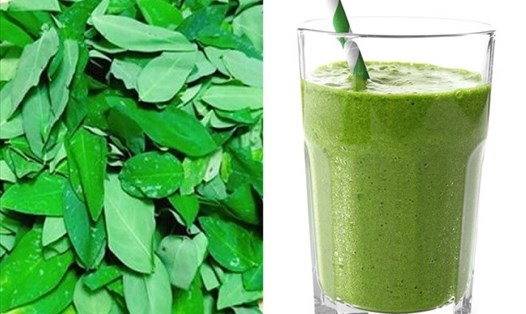Grilled salmon with vegetables
Salmon is rich in omega-3 fatty acids, which can reduce inflammation and control visceral fat. According to a study published in the Journal of Nutrition, omega-3s can improve insulin sensitivity and reduce fat accumulation around internal organs. Vegetables like broccoli, zucchini, and bell peppers are low in calories but high in fiber, which can increase feelings of fullness and reduce overall calorie intake.
Grilled Chicken Salad with Olive Oil
Skinless chicken is a lean protein source that helps boost metabolism and build muscle, rather than storing fat. Combined with extra virgin olive oil – rich in monounsaturated fats, this dish helps reduce visceral fat by improving the quality of cholesterol in the body.
Adding olive oil to your diet can reduce visceral fat by up to 15% after 12 weeks.
Lentil stew with tomatoes
Lentils are a rich source of plant-based protein that is high in fiber, which helps regulate blood sugar and reduce cravings. Tomatoes, which are high in lycopene, have antioxidant and anti-inflammatory properties. According to a study in the journal Diabetes Care, regular consumption of lentils significantly reduced visceral fat in adults.
Boiled eggs with avocado and greens
Eggs contain choline, a nutrient that helps the liver break down visceral fat. Meanwhile, avocados are a source of healthy monounsaturated fats, which help control the body's fat-storing hormones.
Green vegetables like spinach or kale are low in calories but high in micronutrients, boosting metabolism. A meal of eggs and avocado can significantly reduce visceral fat index when combined with the right exercise regimen.
Miso soup with seaweed and tofu
Miso soup – a traditional Japanese dish – contains probiotics from miso yeast, which helps balance the intestinal microflora, thereby helping to reduce visceral fat. Seaweed is rich in fucoxanthin, a compound that can promote fat burning.
Tofu, a good source of plant protein, helps maintain muscle and limit fat storage. According to research from the British Journal of Nutrition, a diet containing probiotics reduced visceral fat by up to 20% after 8 weeks.











